Why does my dog lick my pillow?
Why does my dog lick my pillow?
When dogs lick items, they produce happy hormones or endorphins. The hormones, in turn, alleviate anxiety and stress while promoting well-being and relaxation. Even your brain releases these natural anti-depressants when you're stressed. So, licking pillows helps the dogs get into a good mood.
Why Do My Dogs Lick My Pillow?
Dogs are known for their quirky behaviors, and one common puzzling habit is their tendency to lick various objects, including pillows. While it may seem adorable, you might be wondering why your furry friend is fixated on your pillow. In this article, we'll delve into the reasons behind this behavior and what you can do about it.
Natural Instincts and Comfort
Exploring the Ancestral Connection
Dogs have inherited many behaviors from their wolf ancestors, and one of them is the act of licking. In the wild, wolves lick their pack members' faces as a sign of affection and to strengthen social bonds. When your dog licks your pillow, it could be a way of showing comfort and connection, similar to how they would with their pack.
H3: Seeking Familiar Scents
Your pillow carries your scent, which your dog finds incredibly comforting. Dogs have a keen sense of smell, and your pillow may be a source of re***urance when you're not around. It's a way for them to feel close to you even when you're not in the room.
Stress and Anxiety
Self-Soothing Behavior
Licking can be a self-soothing behavior for dogs. If your dog is feeling stressed or anxious, they may turn to your pillow for comfort. The repetitive action of licking can release endorphins, providing a calming effect for your canine companion.
Separation Anxiety
Dogs that suffer from separation anxiety may lick your pillow when you're away as a coping mechanism. Your scent on the pillow can provide some relief in your absence, helping them feel less anxious until you return.
Dental or Health Issues
Oral Health Problems
Excessive licking of your pillow could also be a sign of dental issues or oral discomfort. If your dog is experiencing tooth pain or gum irritation, they may instinctively lick soft objects like pillows to alleviate the discomfort.
Dietary Deficiencies
In some cases, dogs may lick non-food items like pillows due to dietary deficiencies. If they are lacking certain nutrients in their diet, they may engage in unusual licking behaviors. Consult your veterinarian if you suspect this might be the case.
How to Manage Pillow-Licking Behavior
Provide Appropriate Chewing Alternatives
To redirect your dog's licking behavior, offer them appropriate chew toys or dental chews. These can help satisfy their oral fixation while protecting your pillows.
Consult a Veterinarian
If you suspect that health issues are causing the excessive licking, it's essential to consult your veterinarian. They can diagnose any underlying problems and recommend the necessary treatment.
Behavioral Training
Consider engaging in behavioral training with your dog to address stress and anxiety-related licking. Positive reinforcement and consistency can help reduce the behavior over time.
In conclusion, while it may be perplexing when your dog licks your pillow, it's typically driven by natural instincts, comfort-seeking, or underlying issues. Understanding the reasons behind this behavior can help you manage it effectively and ensure your furry companion's well-being.
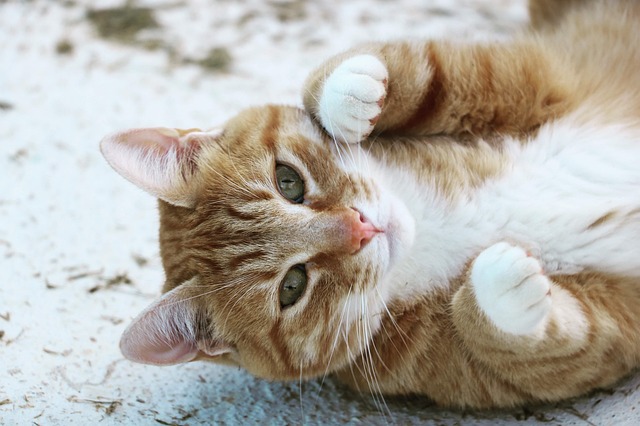
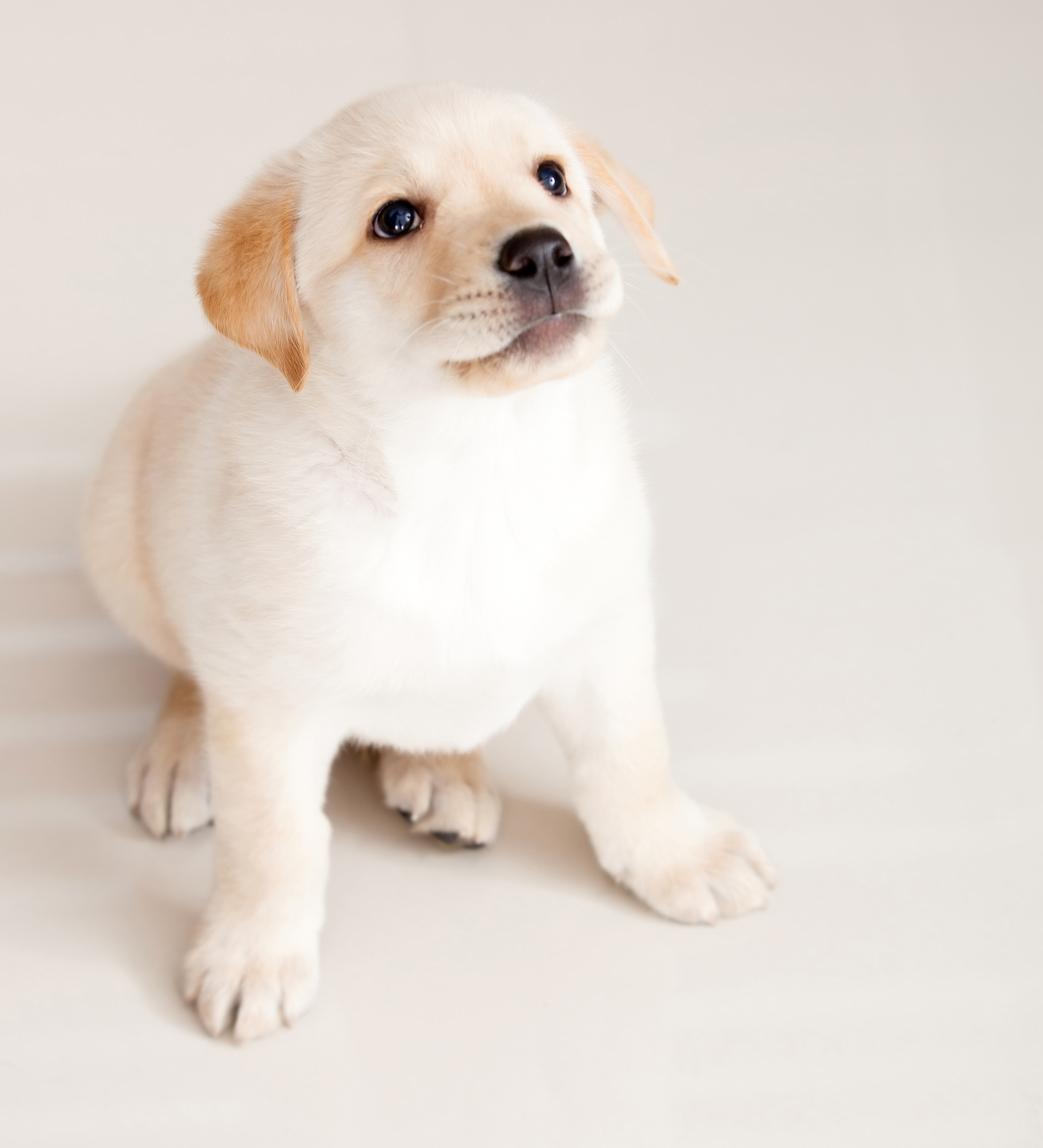
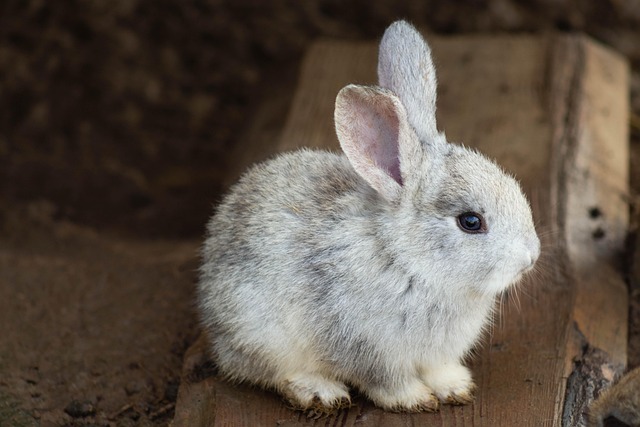
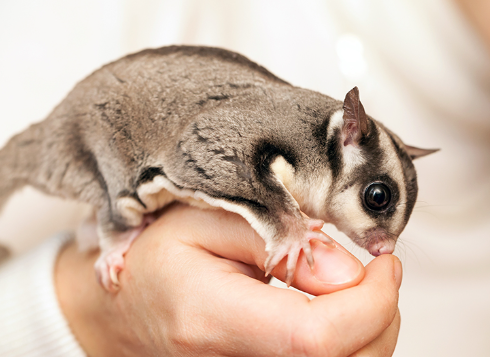
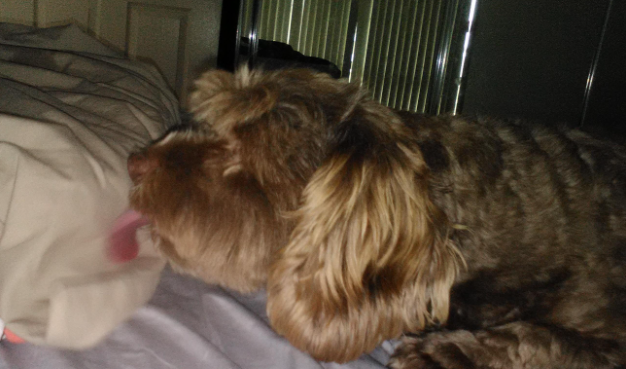









Leave a comment